
Next up. “...it all started with a podcast.“

Next up. “...it all started with a podcast.“

The author is a podcaster, and she narrates the audio pretty well. This was a bookclub pick. It blends true crime with forensic science, mostly following one Jane Doe case in Indiana but with stories from other cases the author has looked into. It‘s good that private citizens have access to look into the cold cases that authorities don‘t have time or money to continue with. Quite a few Does have been identified in this way.
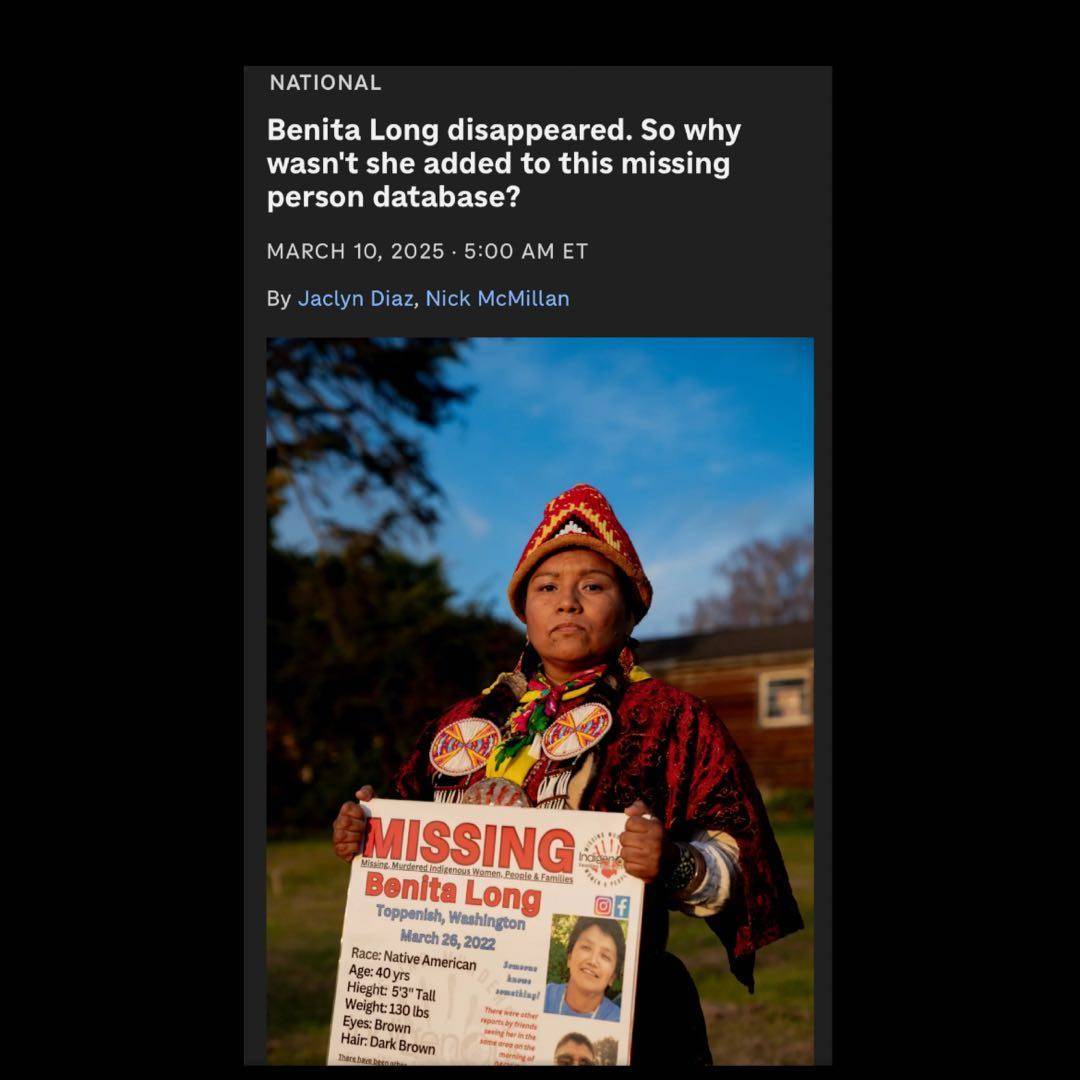
The book mentions the NamUs website and its problems, and today NPR reports fresh journalism on those deep issues.
Link:
https://www.npr.org/2025/03/10/nx-s1-5057412/missing-persons-indigenous-mmiw-nam...
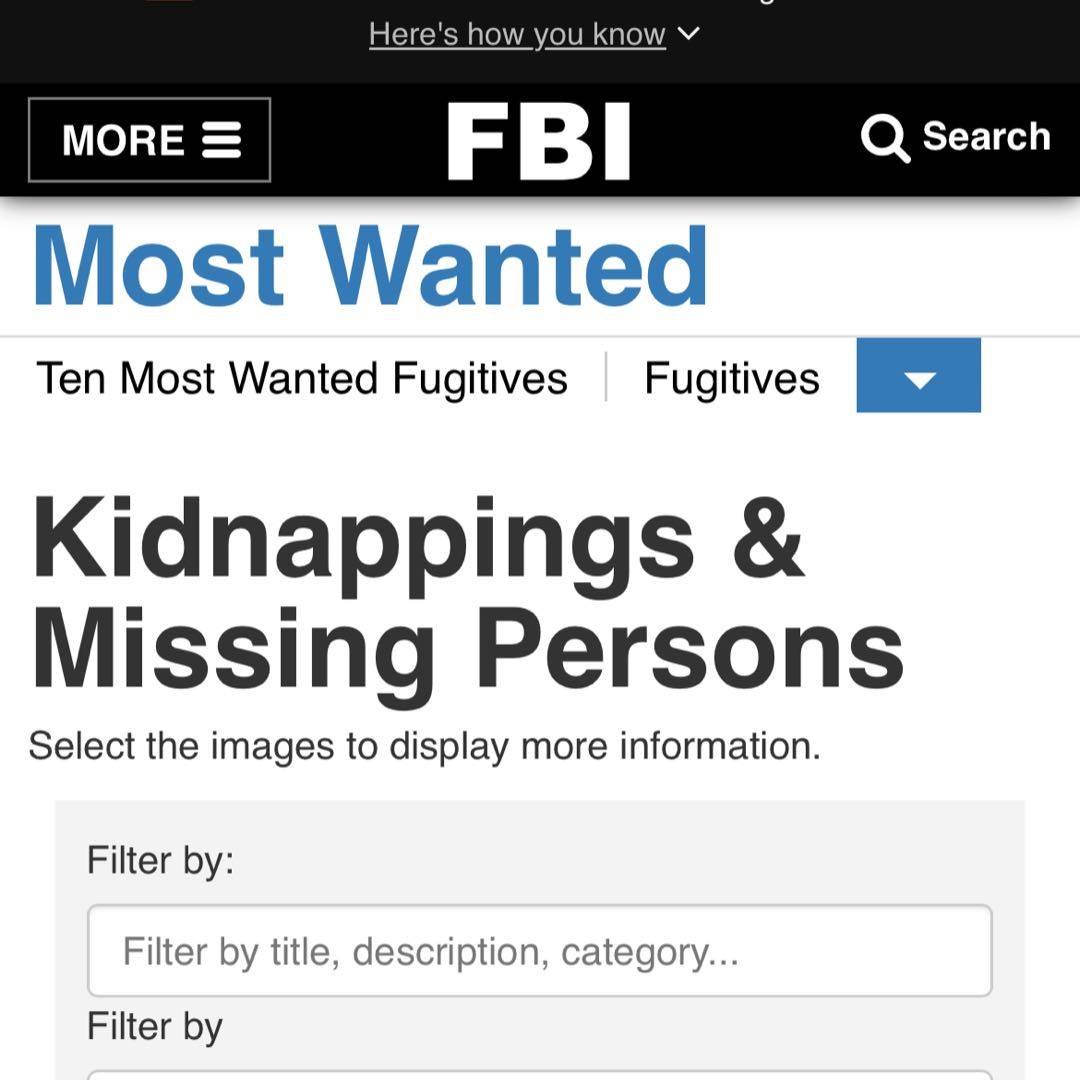
Two websites listed in the book for missing and un-ID‘s persons:
1. https://namus.nij.ojp.gov/%3Cfront%3E
2. https://www.doenetwork.org/
The Doe Network was created by a friend of the author and is entirely run by volunteers, unlike Name Us, which is government.
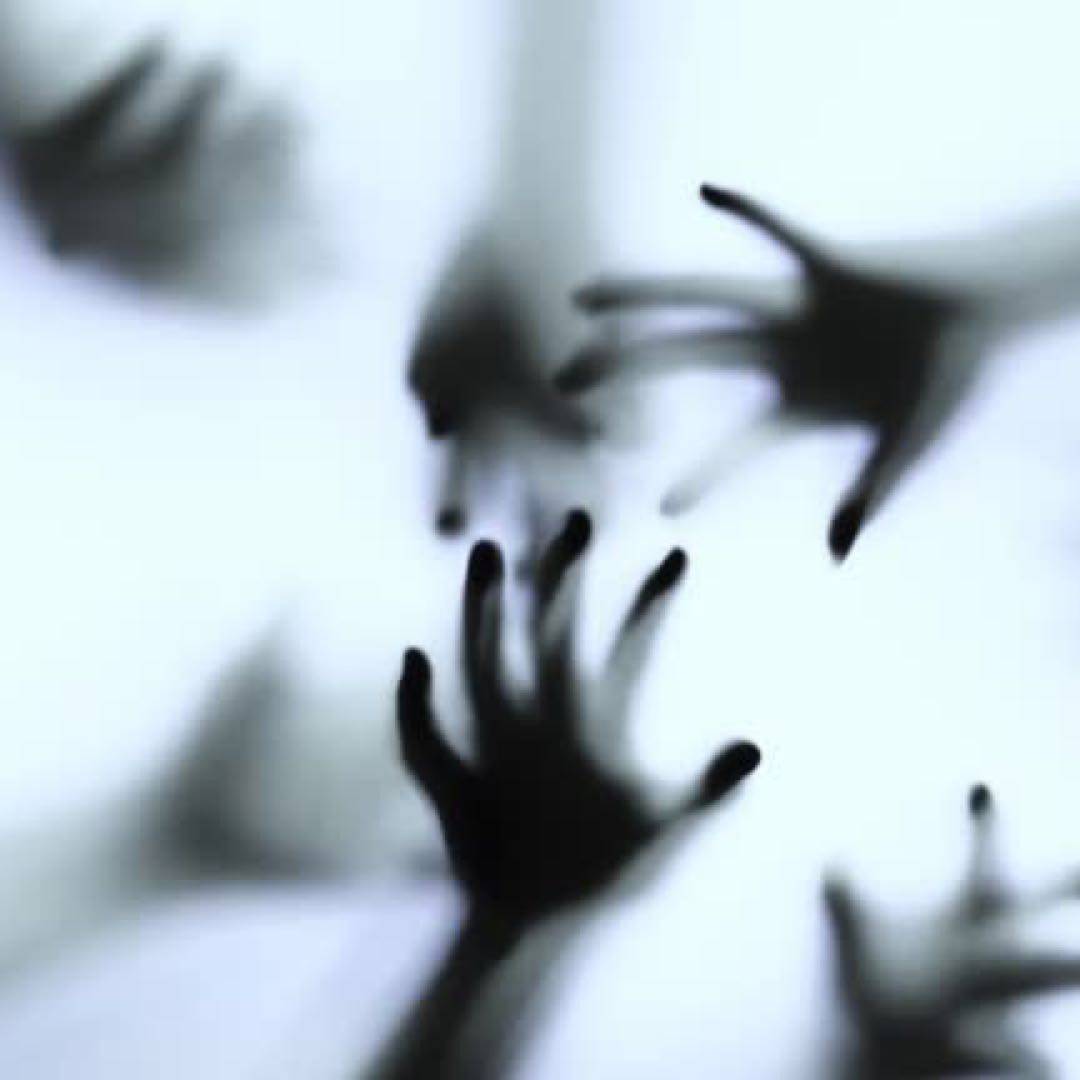
When there are too many victims from a county, or city, years and months are assigned: Los Angeles County John Doe 1980. Los Angeles County John Doe 1999.
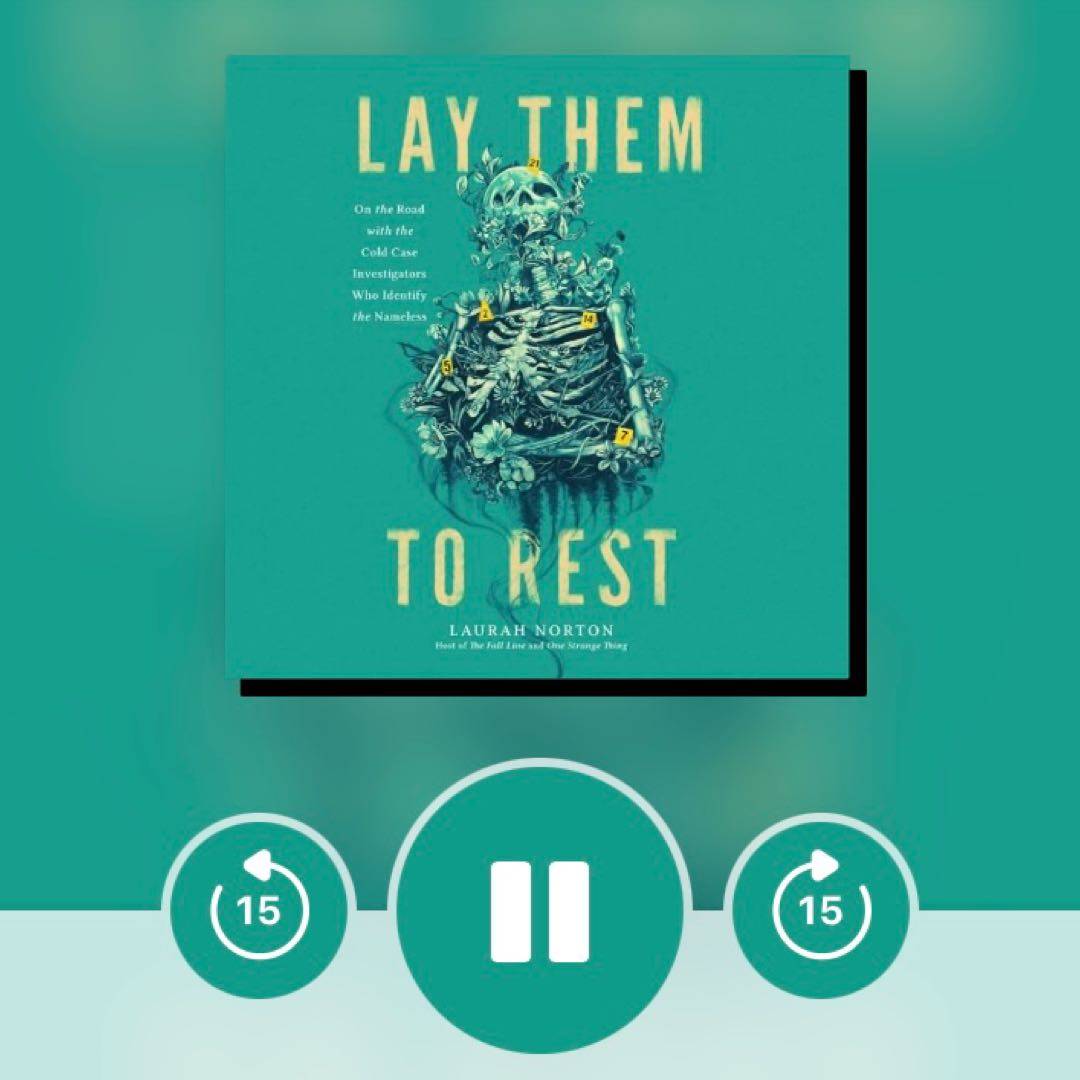
A little unfocused at times, bouncing from cold case to cold case, it still had a great amount of information related to the forensic sciences and the tenacity exerted by the investigators on solving the main case.
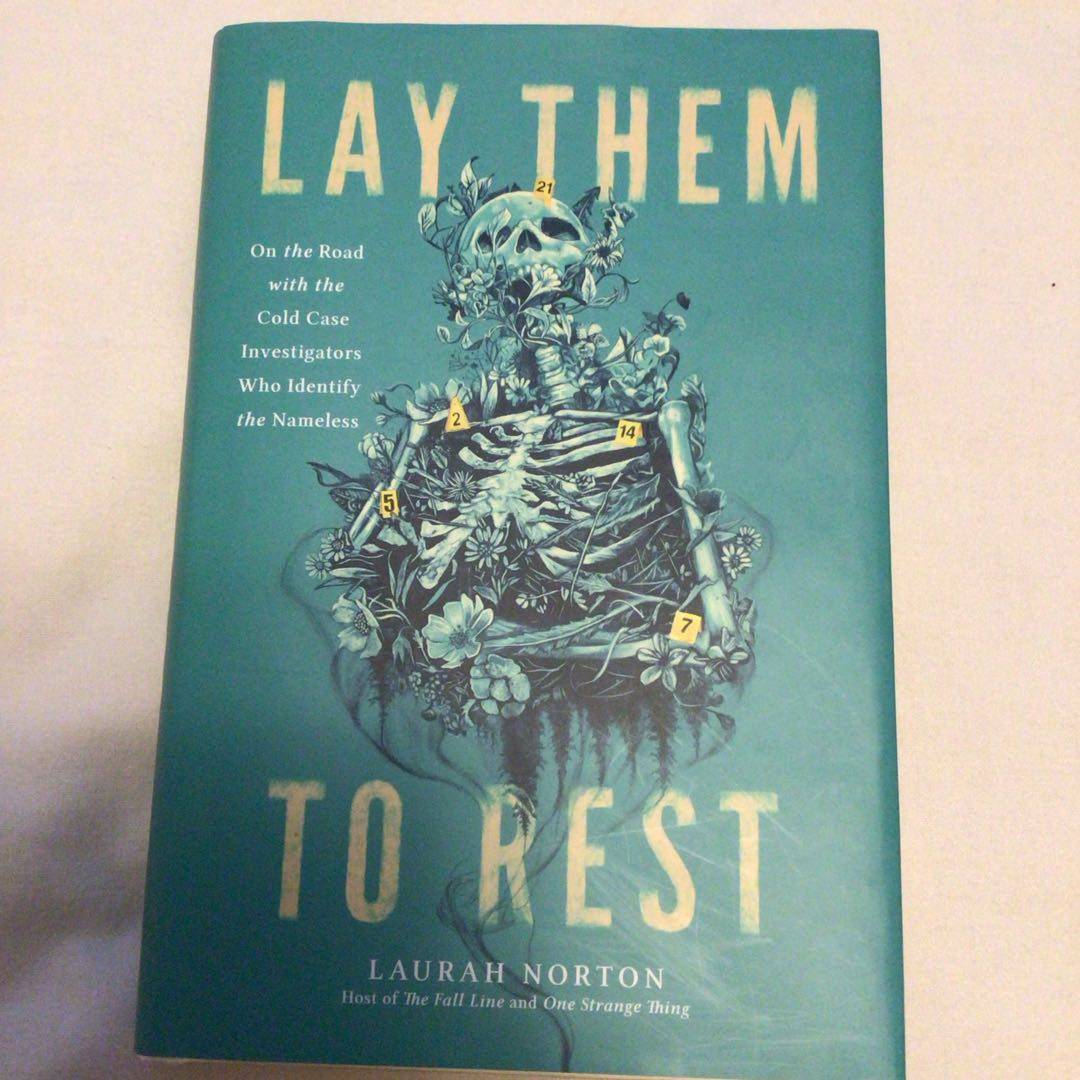
Every year many Americans go missing and are never seen again. Also every year, human remains are found but may never be identified. This book follows the process used to find out the identity of one Jane Doe. It details the many steps taken by various professionals to finally pin down who this woman was and when she went missing and where. People interested in criminal forensics will like this book. Four stars.
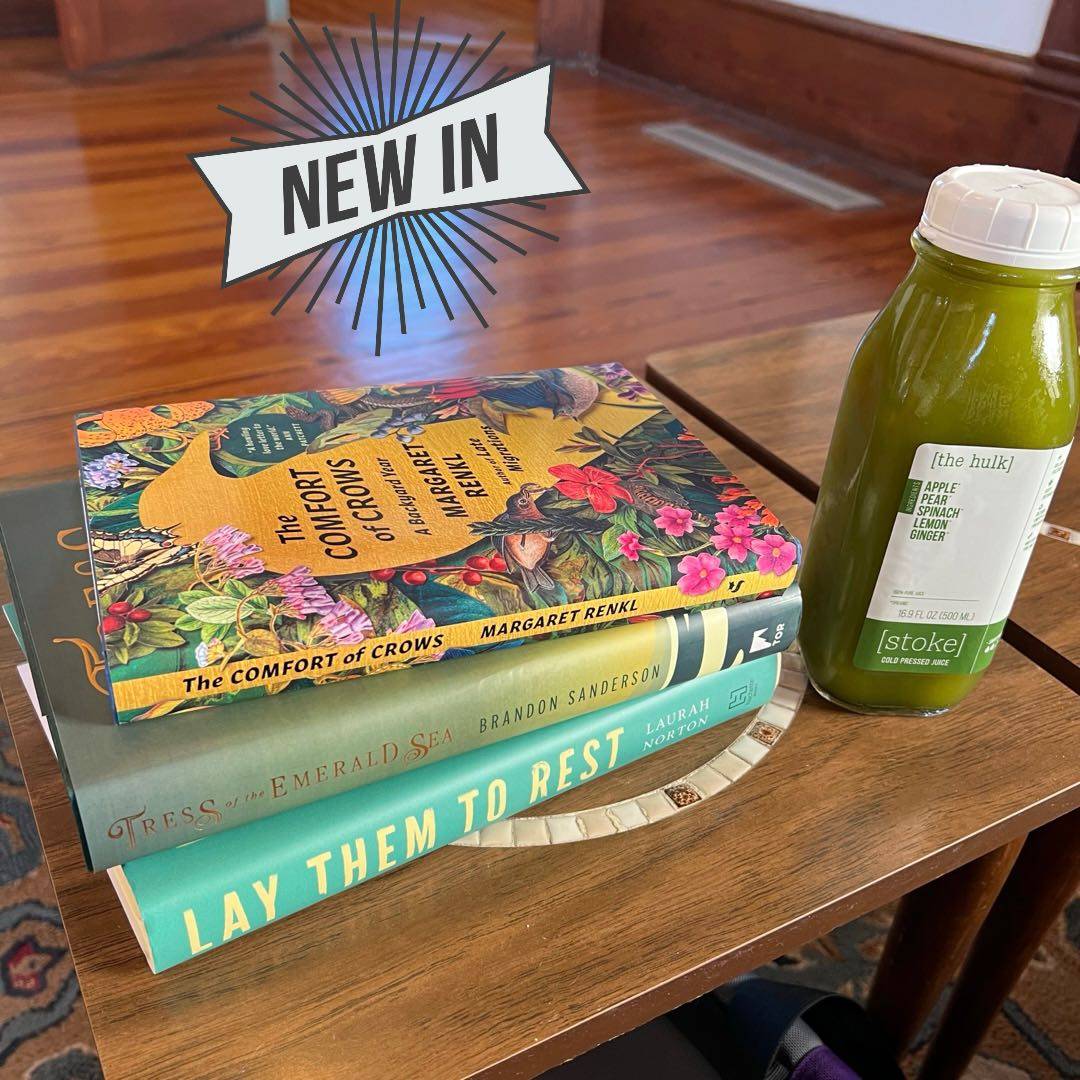
Hanging out at a local bookstore and may have over indulged… No Regrets 😆 #bookbuyingbanstartstomorrowforsure
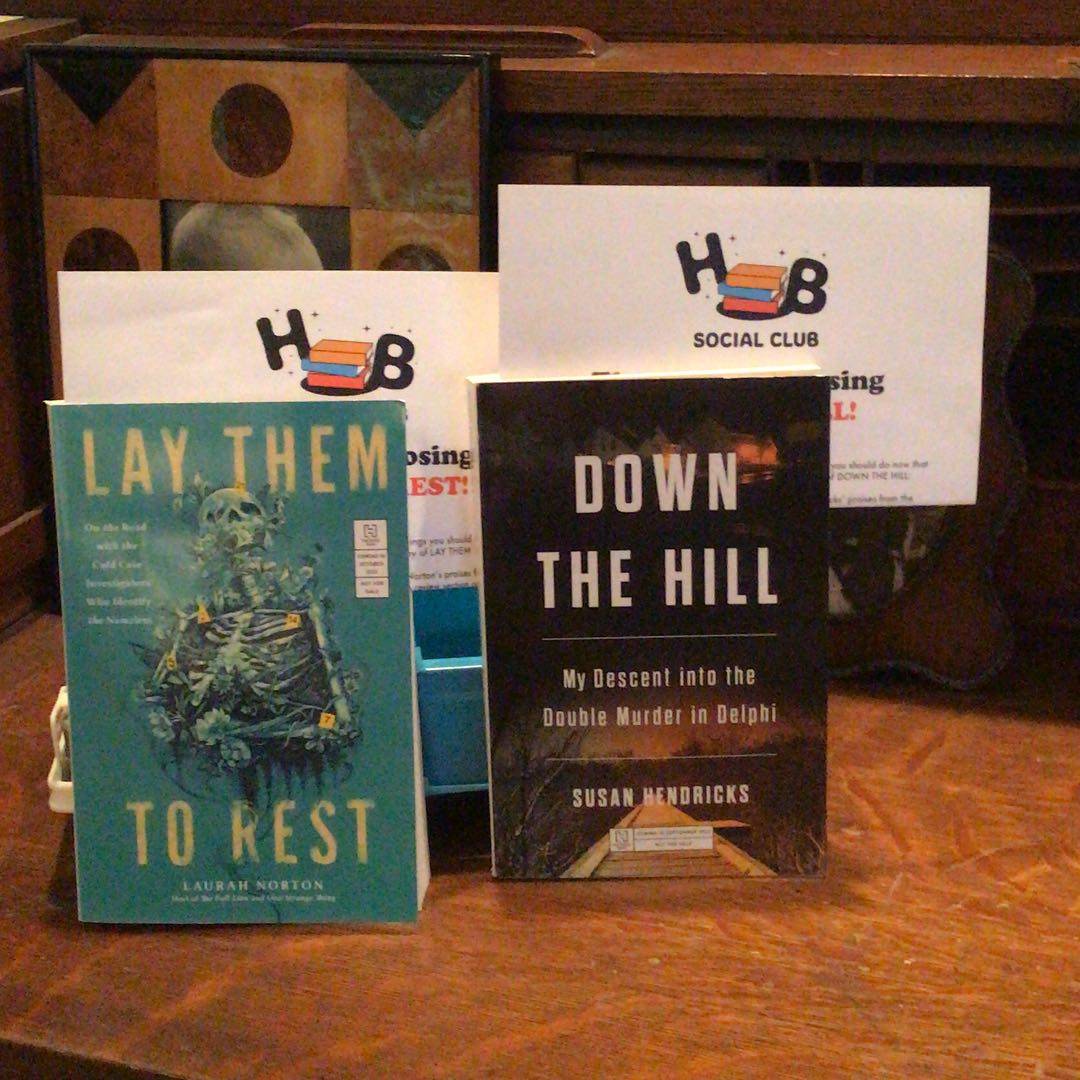
Thanks Hachette books for Down the Hill and Lay Them to Rest my weekend reading Al set📚🥰